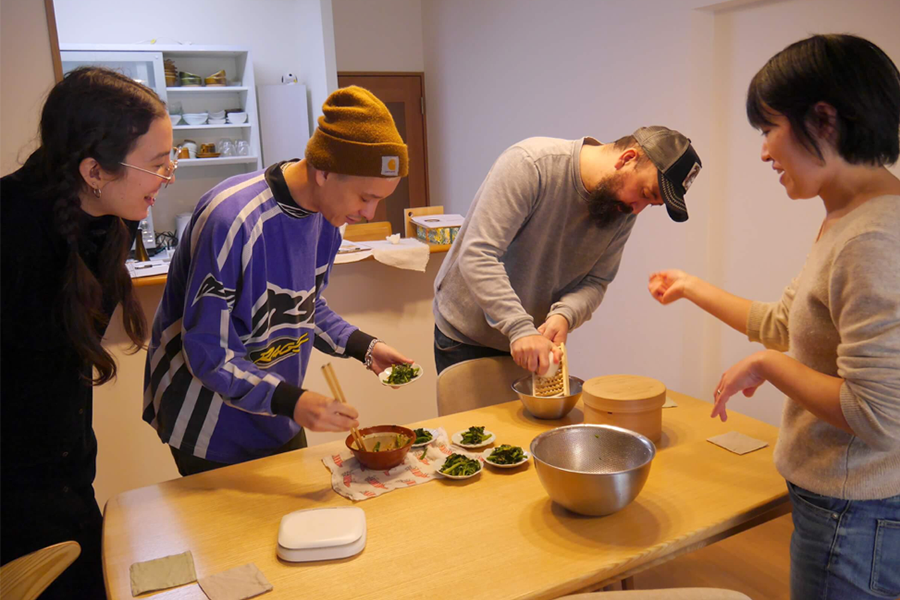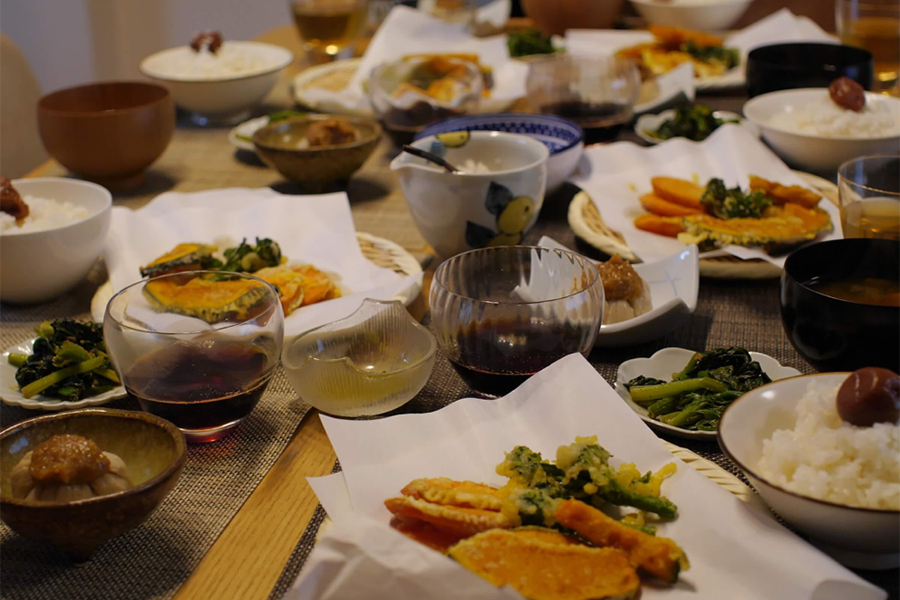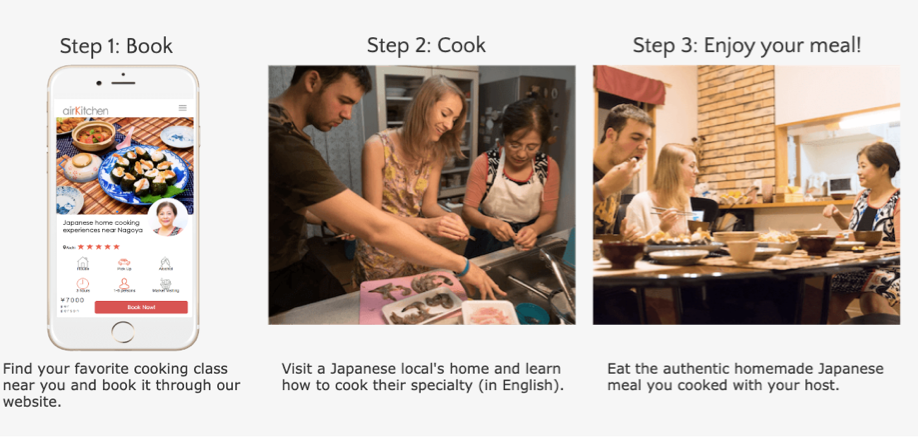
Traveling or living in Japan as a vegan isn’t always easy, though things are slowly changing. Especially with the 2020 Tokyo Olympics on the horizon, the call for Japan to become more vegan-friendly is becoming increasingly pervasive.
And yet, change doesn’t happen overnight. Labeling regulations in Japan leave vegans, vegetarians, and others with dietary restrictions at a distinct disadvantage. Ingredients like dashi (fish stock) and bonito (fish flakes) are used widely but often invisibly. Dishes that seem like they would be vegan – like noodles and rice balls – are more than often not, due to the use of dashi and bonito in soup broth and/or flavorings of plant-based ingredients.
However, airKitchen is a Tokyo-based startup working to make Japan’s world-renowned food culture more accessible to vegan travelers across the country.
AirKitchen mirrors Airbnb, but for cooking classes that double as intimate and memorable cultural experiences. It’s an online platform connecting travelers seeking deep cultural experiences with Japanese local hosts who want to share their cooking and cultural knowledge with foreigners. The service gives tourists the opportunity to visit Japanese homes to prepare and eat home-cooked meals with local hosts, and there are many vegan cooking classes to choose from.
As a vegan, I recently participated in an airKitchen experience myself. I took Yoko’s Shojin ryori for vegans and vegetarians with tempura cooking class with a friend here in Tokyo. If you’re wondering what shojin ryori is, it’s a type of traditional Japanese cuisine historically consumed by monks and informed by principles of Zen Buddhism that is usually vegan.
Here’s what we cooked:
- Vegetable tempura
- Goma-dofu (sesame tofu)
- Boiled spinach with sesame dressing
- Miso soup
- White rice with homemade umeboshi

It was such a treat learning how to make a fancy shojin ryori meal from scratch, using many vegetables that Yoko grew herself! Her husband and adorable child joined us to eat the meal we had prepared.
Here are the highlights of my airKitchen experience:
- Conversing with Yoko, her family, and another guest from France, which made for an interesting lunch conversation across different cultures.
- Enjoying authentic, vegan-friendly Japanese cuisine without worry of hidden animal-derived ingredients.
- Catching a glimpse of an ordinary Japanese home and family life.
- Learning about Japanese cooking ingredients, utensils, and methods, as well receiving recipes to take home (and replicate!).
How Does airKitchen Work?

Book Your Vegan Cooking Class in Japan
Vegan cooking classes in Tokyo
Vegetarian airKitchen classes – many are vegan-friendly as well!
About Mei
I’m Mei, I’m vegan, and (short disclaimer) I work part-time with airKitchen here in Tokyo. I’m originally from Seattle, but moved to Tokyo in October 2019. While job searching after my move, I was researching Tokyo companies doing work around veganism and came across airKitchen. Being passionate about cooking, veganism, and cultural exchange, I was beyond excited to learn about this service and sent a cold email, not expecting a response. However, I was lucky enough to join the team a couple of months ago. Despite my obvious ties to airKitchen, I’m genuinely excited to spread the word about our veg-friendly services to fellow vegans. From personal experience, I know how tough it can be as a vegan in Japan.

